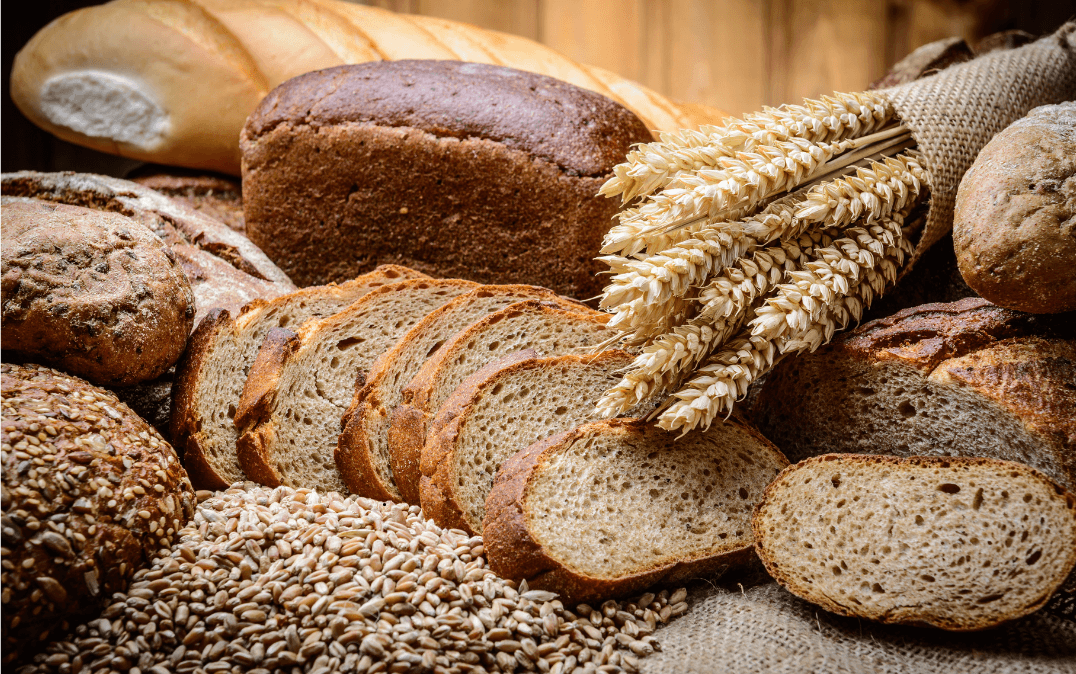The Role of Carbohydrates in Weight Loss: Myths, Facts, and Practical Tips
Understanding Weight Gain
Weight gain occurs when the balance tips on the side of more calories consumed than the number of calories the body can burn. This could be for very many different reasons: diet, level of physical activity, genetic makeup, or behavioral choices. The excess energy from the more-than-necessary caloric intake is then stored as fat. This is a gradual process and may go unnoticed until visibly manifested as weight gain.
How to Address Weight Gain
Dealing effectively with weight gain demands a multi-faceted approach. These are as follows:
Balanced Diet: Including a wide variety of dietary components through a diet rich in whole foods, mainly vegetables, fruits, lean proteins, whole grains, and healthy fats. Regular Exercise: A combination of cardio activities such as brisk walking, jogging, running, swimming, cycling, and muscle-strengthening exercises or activities to enhance overall metabolism.
Adequate sleep: Aim for 7-9 hours of good quality sleep each night. Lack of sleep will cause your hormones to go haywire and disrupt the ones that control your appetite and metabolism. Stress management: Engage in stress-reducing activities like meditation, yoga, or other hobbies. This is because continual stress results in overeating due to increased levels of the stress hormone, generally leading to weight gain. Hydration: Drink lots of water throughout the day. This helps to keep you hydrated and controls hunger.
Myths about Carbohydrate Intake – Knowing the role of carbohydrates in weight loss is very important because quite often, there is a negative view about consuming carbohydrates when dieting.
Myth: Many people believe that all carbohydrates will make them gain weight.
Fact: Not all carbohydrates are equal. Refined carbohydrate foods like white bread, pastries, and soft drinks can contribute to weight gain if eaten in excess. However, complex carbohydrates found in whole grains, vegetables, and legumes are good for your health and will help manage your weight.
Myth: Low-Carb Diets Are the Only Method to Lose Weight
Fact: While low-carb diets work for some, they are not the only method of attaining weight loss. A balanced diet that contains healthy carbs can yield successful weight management.
Myth: One should completely avoid Carbs
Fact: Carbohydrates are the primary energy source for your body. Cutting them out entirely can leave you weak, reduce your focus, and lead to other shortcomings. The trick is to eat healthy, unprocessed carbohydrates in moderation.
Making Dietary and Lifestyle Changes
How carbohydrates help in weight loss to make dietary and lifestyle changes intelligently:
Add some whole grains instead of the refined ones, like brown rice, quinoa, whole wheat bread; these will provide you with more fiber and nutrients, which can fill your stomach.
Vegetables and Fruits: Take as many colorful vegetables and fruits as possible. They must cover half of your plate, are low in calories, but high in vitamins, minerals, and fiber.
Balance Your Macronutrients: Be sure to include a healthy balance of carbohydrates, proteins, and fats in your diet. It will help in having continuous energy and will support the well-being of health.
Mindful Eating: Pay attention to the hunger and satiety cues. Eat slowly, savor the food to prevent overeating.
Regular Physical Activity: At least 150 minutes of moderate-intensity aerobic physical activity throughout the week, or 75 minutes of vigorous-intensity aerobic physical activity, or an equivalent mix of both, preferably spread throughout the week, in addition to muscle-strengthening activities targeting major muscle groups on two or more days a week.
Stay Hydrated: Drink water throughout the day. Sometimes thirst can be mistaken as hunger and end up causing people to overeat.
Seek Support: Join 24BMI weight loss community – Social support can motivate, hold you liable, and on the right track.
Practical Tips on Consumption of Carbohydrates
Understanding the role of carbohydrates in weight loss includes practical applications:
Choose High-Fiber Foods: A good intake of high-fiber food—vegetables, fruits, legumes, and whole grains—helps reduce hunger and keeps your digestive system healthy.
Watch Portion Sizes: Pay attention to portions, particularly with carbohydrate foods having higher energy content. Practice measuring your food portions using cups or a food scale if you need to.
Limit Sugary Snacks and Beverages: Limit sugary snacks, candies, and soft drinks. Instead, try fruit or yogurt.
Timing of Carb Intake: Spread your carbohydrate intake throughout the day to maintain stable blood sugar levels and avoid energy crashes.
Conclusion
Understanding role of carbohydrates in weight loss helps one ensure a well-balanced and sustainable approach in their dieting. Carbohydrates are therefore a component of a well-balanced diet, part of healthy living, and a significant factor in weight management. It, therefore, is not about no carbs at all, but about types and the amount taken. Now that you know the myths and facts on carbohydrate intake, you can make deliberate dietary and lifestyle changes that will ensure healthy weight attainment and maintenance. A balanced weight loss demands a general balanced way of eating, regular physical activities, and a positive mindset.




